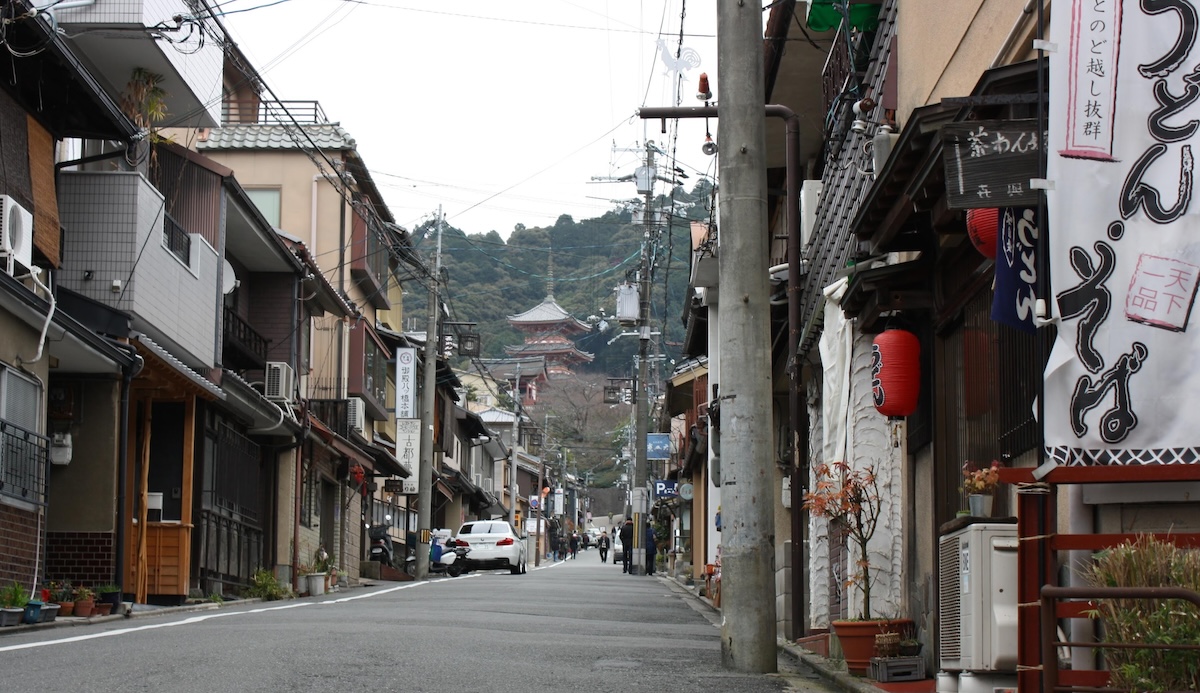One thing that makes me sweat in Japan, more than its sticky summers, is not having cash. When planning a trip to Japan, it’s still important to carry some cash. Since Japan has yet to fully transition away from its cash-based society, knowing the best ways to exchange money and avoid common pitfalls is essential. Here’s a quick guide on the DOs and DON’Ts of money exchange in Japan, along with some helpful tips.
- What are the do’s and don’ts of exchanging money for Japan?
- Do Use ATMs in Japan
- Do Visit Currency Exchange Counters in the City
- Do use Prepaid Travel Cards
- Don’t Exchange at Airports
- Don’t Exchange Currency Before Departure
- What’s good to know about money in Japan?
- New Currency Alert
- When Using a Credit Card
- Carry Cash
What are the do’s and don’ts of exchanging money for Japan?
Do Use ATMs in Japan
For quick cash, one of the most convenient and cost-effective ways to get Japanese yen is by using ATMs. Many ATMs, especially those in 7-Eleven, Lawson, and Japan Post branches, accept foreign debit and credit cards, including Visa and MasterCard. These ATMs typically offer favorable exchange rates. However, it’s important to check with your bank about any withdrawal fees before your trip.
Do Visit Currency Exchange Counters in the City
If you’re looking to do a one-time exchange for your entire trip or a large sum, I recommend World Currency Exchange, which has branches across all of Japan’s major cities. The rates here are competitive, and the service is quick and easy. Just remember to bring your passport, as identification will be required.
Do use Prepaid Travel Cards
A prepaid travel card like Wise or Revolut is also an option. While it requires some extra preparation in advance, these cards allow you to load money in your home currency and convert it into Japanese yen at competitive rates. Although I haven’t personally used this option, I’ve used the Wise app to transfer converted funds to Japanese businesses, many of which accept it. This could be a good option if you’re making a large purchase or conducting business.
Don’t Exchange at Airports
Currency exchange counters at airports, whether at home or in Japan, often have less favorable exchange rates. You’ll usually get more value for your money by waiting to withdraw from an ATM or using a currency exchange service within Japan’s major cities.
Don’t Exchange Currency Before Departure
While it may be tempting to exchange currency at your local bank before you leave, the rates are typically less competitive. Major banks, like Chase or Wells Fargo, often charge additional fees along with offering poor exchange rates. You could also look into currency exchange counters before heading to Japan, but reserve this option for convenience, not cost-saving purposes.
What’s good to know about money in Japan?
New Currency Alert
Japan released a new 500 yen coin in November 2021 and introduced three new banknotes in July 2024. To combat the growing counterfeit market, these new currencies are gradually entering circulation. However, many vending machines, ticket machines, and other automated services may not yet accept them. If you receive the new currency, it’s best to save it for human exchanges (like at stores or restaurants) to avoid issues.
When Using a Credit Card
When using your credit card in Japan, you may be asked if you’d like to pay in your home currency or in Japanese yen. Always choose Japanese yen to avoid unfavorable conversion rates and fees. Selecting yen ensures you’re charged at your bank’s exchange rate, which is usually more favorable than the rate from the merchant’s credit card processor.
Carry Cash
Japan is still transitioning from a cash-based to a digital payment system, especially outside of big cities. Some places that may not accept credit cards include:
- Rural taxis
- Local “Mom & Pop” restaurants
- Long-standing local restaurants
- Street food stalls or vendors
- Rural and local accommodations
Being prepared with some yen ensures you won’t run into trouble when visiting smaller establishments or rural areas. Personally, I always carry approximately 5,000 yen per day per person, multiplied by the number of travel days and people, as an emergency fund for places where credit cards aren’t accepted.
By following these tips, I hope you’ll make the most of your money during your trip to Japan!
